
I regularly turn to my writing critique group to share my WIP and gain valuable feedback from fellow writers.

But I also find much value in my monthly book group—and not just because I love to read and then discuss what I’ve read. I marvel at how divergent opinions can be about a book. I’ve wondered at times: Are we talking about the same novel?
Sometimes—actually, rarely—the group coalesces in full delight about a book. More often, some love it, some find it so-so, and some are outright sorry they read beyond the first chapter.
Of course, sites like Goodreads offer ratings and reviews on books for people who don’t have or don’t want to be in a book discussion group. But sitting together with a glass of wine and a plate of snacks is my preferred way of finding out what others think about that new novel or latest work of nonfiction. (My group reads both.)

As a writer, I also see how my take on a book is often at least somewhat different from a nonwriter. I can get caught up in the craft—how do the sentences flow, why did the author use that story structure—and forget that most readers just want a good story. The structural elements are important; they are the solid framework upon which the good story is built. But many readers are willing to give a pass on less-than-perfect structure if they are compelled to keep turning the pages to find out what’s going to happen.
It’s often a reminder to me that as writers we can’t predict what will appeal or connect with readers. One example is Kate Atkinson’s A God in Ruins. While I thoroughly enjoyed the novel—the crisp narrative, the layered characters, the grim depiction of war—I was disappointed in the ending, which I thought was a cheap shot, the equivalent of a story in which the main character wakes up to realize it’s all been a dream. But one member of my group gave an alternative explanation. For her, the ending with its surprise reveal represented the awful price the soldiers paid: that they forfeited their future, of what might have been. I had to agree.
- Author Bio
- Recent posts
- Books
-
January 30, 2026
Most of the seats at the DMV were filled when Charla arrived, license renewal form in hand, and she ended up taking an unoccupied plastic chair against the far wall. She had an hour and maybe a smidge more to get her new license before Sam started docking her pay for being late from her lunch break.
-
December 30, 2025
This is your last chance, people, to find the perfect gift! My perfect gift would be a medical miracle for my dad. He’s been unconscious for two weeks, since the car wreck on I-80. The doctors say he should recover—if he wakes up. But he’s pushing eighty. It may not happen.
That would make a good card theme, right? A get-well wish made for people whose loved one is in a coma. May they snap out of it. Or, how about: Wake up, sleepy Jean. But that’s my dark humor bubbling up. Damn it, now my eyes are blurry.
-
November 30, 2025
Thanksgiving was three days ago, and I’m still reeling at what I witnessed. My sister hosted, as she has for the last twenty years. That was the only thing predictable about the holiday, though. I was there, of course.
-
October 30, 2025
At the chiming of eleven bells, the retreat’s evening session began. Squeezed around the table, six people scooted chairs until no one brushed up against anyone else. The room’s reddish glow came from a candelabra on a nearby shelf, and the air hung thick with cedar incense.
-
September 30, 2025
A crab shell on the riverbank marked the end of day. No crab inside, just the empty carapace and claws, bright objects against the darker sandy grit along the water. Jyr laid thin branches of hemlock around the shell, then watched the river current flickering where the setting sun touched the ripples.

Related
Affiliate Links
A Slice of Orange is an affiliate with some of the booksellers listed on this website, including Barnes & Nobel, Books A Million, iBooks, Kobo, and Smashwords. This means A Slice of Orange may earn a small advertising fee from sales made through the links used on this website. There are reminders of these affiliate links on the pages for individual books.
Search A Slice of Orange
Find a Column
Archives
Featured Books
MY FRIEND JACKSON
Can Jasmine untangle her life and reclaim her identity, her life—her soul?
More info →GIRLFRIENDS & SECRETS
Alexandra “Alex” Miller and her best friends are more like sisters. They live by the code that a good girlfriend will stick by you and be honest with you not matter what.
More info →MIDNIGHT MADNESS
As if Olivia Merriman doesn’t have enough to do in her beloved town of New Moon Beach, now her grouchy great-grandmother has recruited her to head up their coven of witches; her sisters are miffed, the coven is pushing her to accept the job, and to top it all off an evil wizard is messing with her love life.
More info →THE GOOD GIRL PART ONE
Gabriella Townsend is by all definition a "Good Girl." Her life is about to change.
More info →Newsletter
Contributing Authors
Search A Slice of Orange
Find a Column
Archives
Authors in the Bookstore
- A. E. Decker
- A. J. Scudiere
- A.J. Sidransky
- A.M. Roark
- Abby Collette
- Alanna Lucus
- Albert Marrin
- Alice Duncan
- Alina K. Field
- Alison Green Myers
- Andi Lawrencovna
- Andrew C Raiford
- Angela Pryce
- Aviva Vaughn
- Barbara Ankrum
- Bethlehem Writers Group, LLC
- Carol L. Wright
- Celeste Barclay
- Christina Alexandra
- Christopher D. Ochs
- Claire Davon
- Claire Naden
- Courtnee Turner Hoyle
- Courtney Annicchiarico
- D. Lieber
- Daniel V. Meier Jr.
- Debra Dixon
- Debra H. Goldstein
- Debra Holland
- Dee Ann Palmer
- Denise M. Colby
- Diane Benefiel
- Diane Sismour
- Dianna Sinovic
- DT Krippene
- E.B. Dawson
- Emilie Dallaire
- Emily Brightwell
- Emily PW Murphy
- Fae Rowen
- Faith L. Justice
- Frances Amati
- Geralyn Corcillo
- Glynnis Campbell
- Greg Jolley
- H. O. Charles
- Jaclyn Roché
- Jacqueline Diamond
- Janet Lynn and Will Zeilinger
- Jaya Mehta
- Jeannine Atkins
- Jeff Baird
- Jenna Barwin
- Jenne Kern
- Jennifer D. Bokal
- Jennifer Lyon
- Jerome W. McFadden
- Jill Piscitello
- Jina Bacarr
- Jo A. Hiestand
- Jodi Bogert
- Jolina Petersheim
- Jonathan Maberry
- Joy Allyson
- Judy Duarte
- Justin Murphy
- Justine Davis
- Kat Martin
- Kidd Wadsworth
- Kitty Bucholtz
- Kristy Tate
- Larry Deibert
- Larry Hamilton
- Laura Drake
- Laurie Stevens
- Leslie Knowles
- Li-Ying Lundquist
- Linda Carroll-Bradd
- Linda Lappin
- Linda McLaughlin
- Linda O. Johnston
- Lisa Preston
- Lolo Paige
- Loran Holt
- Lynette M. Burrows
- Lyssa Kay Adams
- Madeline Ash
- Margarita Engle
- Marguerite Quantaine
- Marianne H. Donley
- Mary Castillo
- Maureen Klovers
- Megan Haskell
- Melanie Waterbury
- Melisa Rivero
- Melissa Chambers
- Melodie Winawer
- Meriam Wilhelm
- Mikel J. Wilson
- Mindy Neff
- Monica McCabe
- Nancy Brashear
- Neetu Malik
- Nikki Prince
- Once Upon Anthologies
- Paula Gail Benson
- Penny Reid
- Peter J Barbour
- Priscilla Oliveras
- R. H. Kohno
- Rachel Hailey
- Ralph Hieb
- Ramcy Diek
- Ransom Stephens
- Rebecca Forster
- Renae Wrich
- Roxy Matthews
- Ryder Hunte Clancy
- Sally Paradysz
- Sheila Colón-Bagley
- Simone de Muñoz
- Sophie Barnes
- Susan Kaye Quinn
- Susan Lynn Meyer
- Susan Squires
- T. D. Fox
- Tara C. Allred
- Tara Lain
- Tari Lynn Jewett
- Terri Osburn
- Tracy Reed
- Vera Jane Cook
- Vicki Crum
- Writing Something Romantic
Affiliate Links
A Slice of Orange is an affiliate with some of the booksellers listed on this website, including Barnes & Nobel, Books A Million, iBooks, Kobo, and Smashwords. This means A Slice of Orange may earn a small advertising fee from sales made through the links used on this website. There are reminders of these affiliate links on the pages for individual books.




















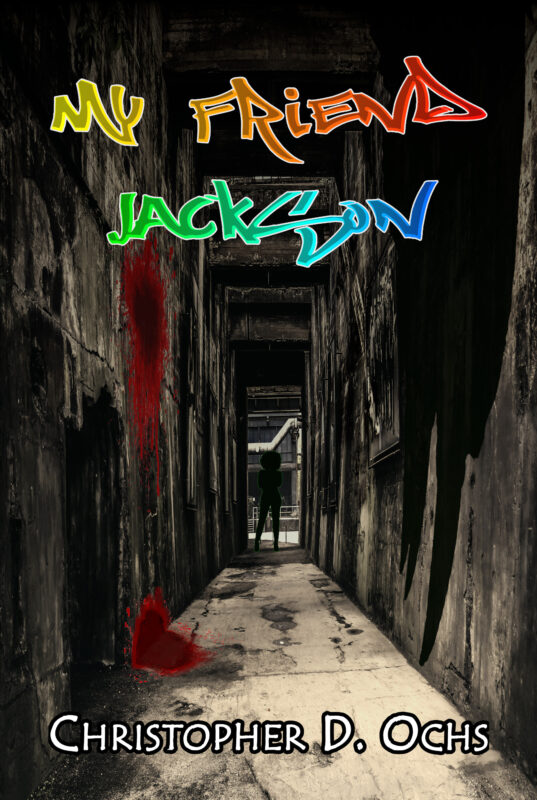





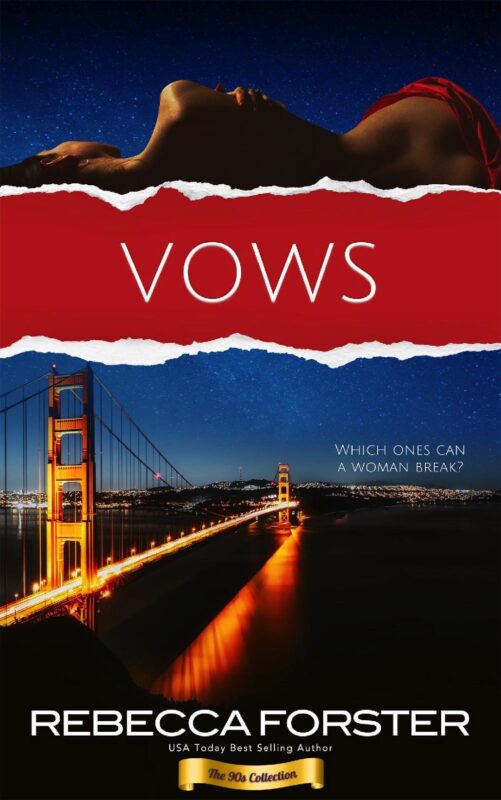

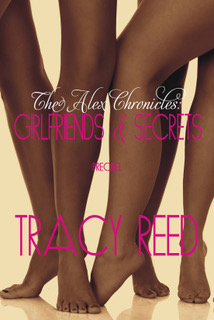

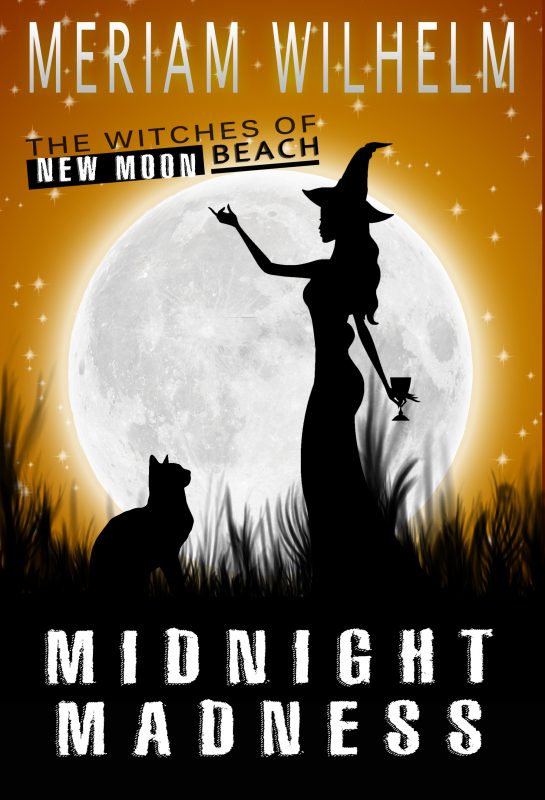


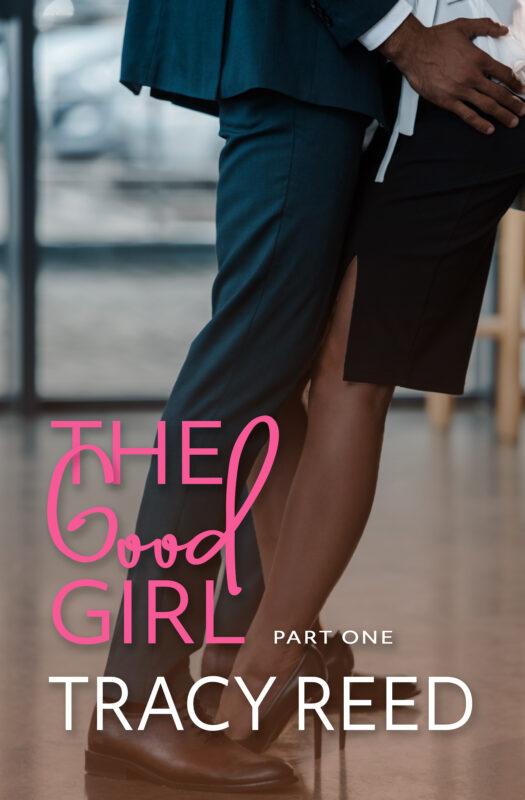



























As we often say among poets, once a poem leaves the poet, it becomes the reader’s poem. Each reader brings their own life experience, emotion and perspective to a narrative of any kind. I suppose the novel or story becomes an extension of the reader’s mind in that respect.
Neetu, yes, I agree. We bring what we know to the works we are reading. When a friend/another reader turns that prism slightly for us, we are able to glimpse a different point of view.